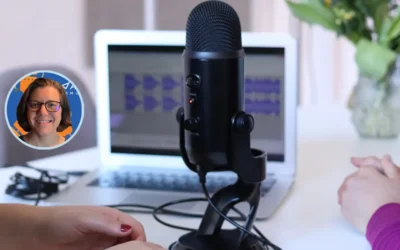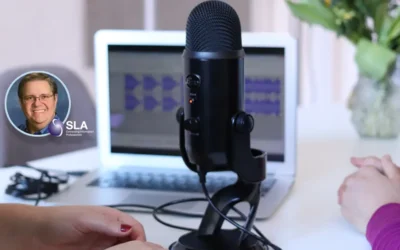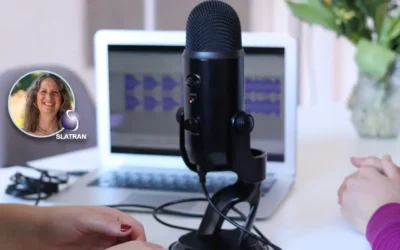4 Ways Special Librarians Can Demonstrate Value and Impact

Stephen Abram
Special librarians too often hide much of the true professional added value of their work. To mitigate that, I think the following activities should be added to communication with end users—either collectively or individually—so librarians can demonstrate value and impact.
1. Don’t neglect the importance of the cover memo. Even if this is just a handwritten note, formal memo or introduction to a report or package, ensure that you clearly state the professional decisions you made and the quality of the resources you used.
2. Sign your work. Don’t just sign the reference and research results deliveries to individuals and teams, also make sure that you add your authorship on digital products such as LibGuides, portals, posts, emails, dashboards, and e-newsletters.
3. Use professional language that differentiates your contribution from the original authorship of the content you provide. Start by outlining the comprehensiveness and limits of your research. Then make sure to share your opinion on the qualities of the content you’re delivering, note knowledge gaps, opportunities for further investigation, and any biases you detect. Start sentences with phrases like “In my professional opinion”, “The profession of librarianship regards this source as…”, or “This content was selected by the information professionals in our organization as authoritative and complete”, etc. Promote your personal name(s) as well as your library or team brand.
4. Be part of the storyline. Don’t just stay focused on your contributions to the question of the moment or the fire you’re fighting. Be clear on how what you do and what you create makes a difference in the real business of your organization. Know and tell your story of impact, and commit to being known as a contributor—not simply for delivering information quickly and well.
It’s simple really. Librarians do awesome work. Let’s make that clear and visible. Databases, OPACs and Google are mere collections and access points until our intelligence makes them dance. Demonstrate how special librarians add value and impact. Let’s sign our work.
-Stephen
Similar Posts
Interview with Susannah Barnes about the SLA Data Community
Susannah Barnes is the Co-Lead of the Data Community for the Special Libraries Association. If you work with data in any capacity, this interview will be of interest to you.
Interview with Victor Baeza about ALA’s Library Instruction Round Table
Interview with Victor Baeza, President of LIRT, about how it benefits from and supports special librarians whose roles involve teaching or training.
Interview with Eugene Giudice, SLA Treasurer
Interview with SLA’s Treasurer about the future of the special library profession and how the Special Libraries Association can benefit librarians
Interview with Cara Marcus on Transportation Librarianship and SLA
Interview with Cara Marcus, the president of the Special Libraries Association (SLA) transportation community about transportation libraries and SLA
Hosting service
Enjoy all of the benefits of your Lucidea solution with secure, reliable, stress free hosting
Programs & incentives
No matter your size or budget, we’ve got you covered, today and tomorrow




Leave a Comment
Comments are reviewed and must adhere to our comments policy.
0 Comments